In our latest Fam Biz Community blog, we consider who should be sat around your family business leadership table;
How many times have you paused to consider your family business leadership structure and whether you have the right people around your leadership table?
Hopefully the answer is more than a few. Whilst you may think we’re referring to those larger family businesses, having the right leadership in place is critical for all sizes of business. Even in the case of small owner-led family firms, consideration is required for what happens when that person decides to retire or needs to take a leave of absence.
Part of effective leadership is about recognising your limitations and the strengths of others. There are so many reasons why family businesses may need to look at their leadership structure and team.
Sometimes a leadership team can reach their limits in terms of knowledge, skills and ability to help the business to grow. This is a critical point whereby the leaders need to take a step back and evaluate the needs of the business and take an unbiased look at the key leadership roles that your family business requires for the future.
Has your business growth plateaued, and you’re struggling to move forwards? Perhaps you need specialist expertise outside your leadership team to overcome a particular challenge. Maybe your leadership team doesn’t work well together, and your business is suffering as a result. Are your family and business interests aligned and well-balanced? Are you looking to identify the next generation of family leadership?
There is often more than one possible solution, so it’s simply about exploring your options, as in the examples below:
If your aim is to reach your next financial milestone and you are struggling with the current team in place, do you need to consider an external appointment with the right experience, for example a Finance Director?
Often in the early growth phases of a family business, a company will reach a point where non-specific or combined roles need to become specialist roles, done by specialist people. For example, you may have a Company Secretary that also does the HR. This doesn’t have to be huge investment – it could initially be fulfilled by a NED or an outsourced consultant.
If your family business has multiple generations of family working within it, does your leadership structure align with your succession plan? For example, if you have two 2nd generation siblings working at managerial level under the founder, has the succession plan been clearly communicated and are the right family members doing the right roles with the right developmental support in place?
When it comes to identifying the right individuals for roles within your leadership team, you should consider both personality characteristics and specific job performance criteria. Prioritise your selection criteria for each leadership role based up your family’s values and the business situation.
Try to avoid shoehorning existing employees into the roles that you have identified – if the strengths and skillsets don’t currently exist within the business, that’s when you can look externally. This doesn’t mean that you can’t also strategically develop an individual to allow them to develop the right knowledge and skills to lead the business in the future. This is a common approach for many multi-generational family businesses.
It’s useful to remember that unlike a family business board which has a level of permanency, your leadership table can have more fluidity to move with the changing nature of the business and the people within it.
In summary, it requires courage to take an honest look at the leadership around your table but doing so can pay dividends.
There is also plenty of help and support out there to help with this process, rather than going it alone. At The Family Business Community, we help family businesses to do this and we see first-hand the benefits that the process can have.
Having an independent, impartial private advisor to help talk through the challenges can reduce the burden on the leader(s) and they can also be there to facilitate and mediate any difficult conversations, as well as to recommend a course of action and help the business to implement it.
If you’d like to talk more about this with us, please get in touch initially via [email protected]







 Login
Login
